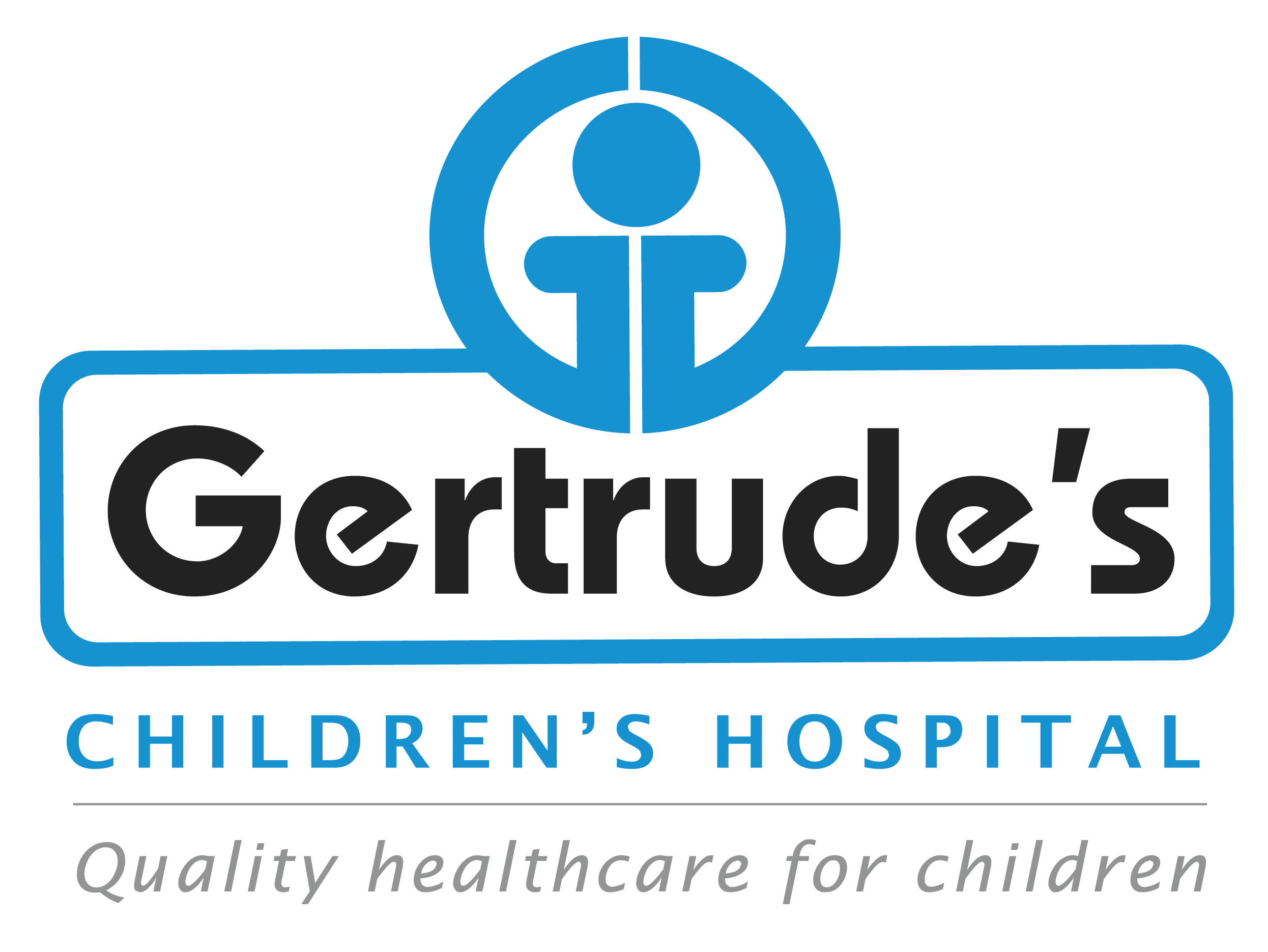Neonatal hypoglycemia is a condition that affects newborn babies, where their blood sugar levels are too low. This can happen for various reasons, such as a lack of glucose in the mother’s bloodstream during pregnancy, a difficult delivery, or certain medical conditions. If left untreated, neonatal hypoglycemia can cause serious health problems, including brain damage, seizures, and even death.
Symptoms
- Lethargy or drowsiness
- Poor feeding or refusal to feed
- Shakiness or jitteriness
- Sweating or pale skin
- Seizures or convulsions
- Weak or floppy muscles
- High-pitched cry or irritability
Causes
- Low birth weight or premature birth
- Maternal diabetes or gestational diabetes
- Certain medical conditions, such as polycythemia or hypothyroidism
- Inadequate glucose supply during pregnancy or labor
- Certain medications taken by the mother during pregnancy
Diagnosis
To diagnose neonatal hypoglycemia, a healthcare provider will typically perform a physical examination and take a blood sample from the newborn baby to check their blood sugar levels. Additional tests, such as a glucose tolerance test or imaging studies, may be ordered to rule out underlying medical conditions.
Treatment Options
- Intravenous glucose therapy to quickly raise blood sugar levels
- Oral glucose therapy to maintain stable blood sugar levels
- Medication to regulate blood sugar levels and prevent hypoglycemia
- Close monitoring of the baby’s blood sugar levels and overall health
Why Choose Us
Expert team
Our pediatric specialists have extensive experience in treating children.
Personalized care
We create treatment plans that fit each child’s unique needs
Support and education
We teach children and families how to care for them and prevent future cases
Advanced treatments
Access to the latest treatments and products
Contact
Please feel free to contact us with any general or medical enquiry by calling us.





